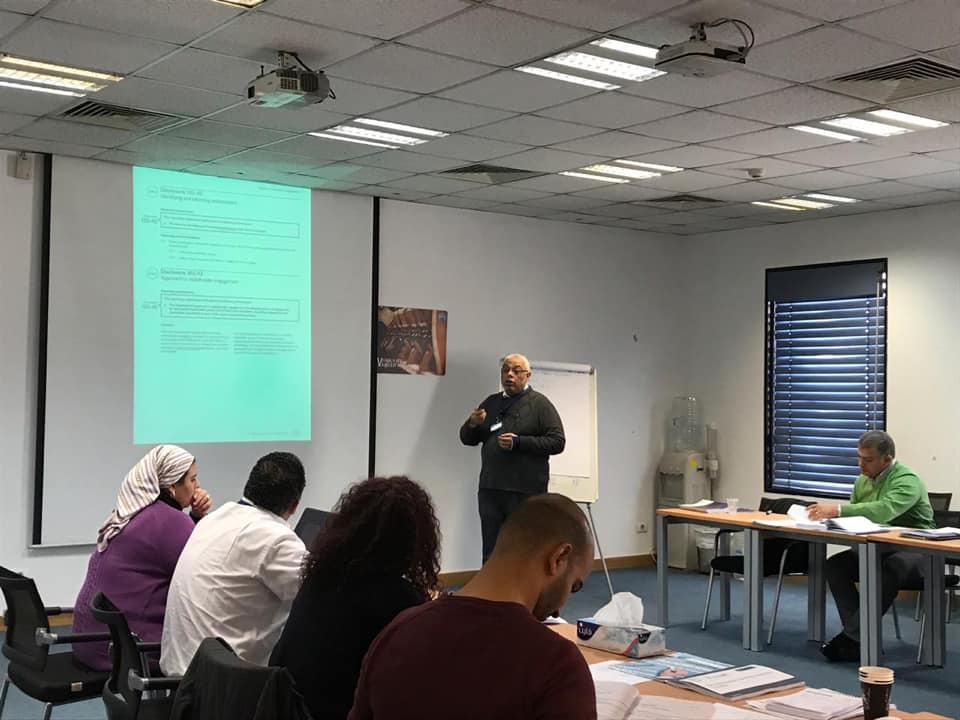A Life-Cycle approach can upscale your efficiency

Training Overview
Introducing the life cycle assessment (LCA) which is the assessment of potential environmental impacts associated with a product, a process, or a system, along its life cycle, namely from the extraction of raw material to the end of life.
LCA does not only focus on greenhouse gas-related impacts but also evaluates a wide series of environmental indicators that include ozone depletion, acidification, eutrophication, human toxicity, and more. For professionals in any field, LCA is one of the best mechanisms to understand the energy use and other environmental impact associated with all the phases of any product production including raw material extraction, end-of-life, use of product.
The declarations that are produced out of an LCA are called environmental product declarations (EPD). Companies that produce EPD will unravel many untapped benefits concerning the continuity and prosperity of their business.
For more details about the program, please visit.
Training Outline
Introduction to the Fundamentals of Life Cycle Assessment (5 hours)
• What is Life Cycle Assessment?
• Why Life Cycle Assessment?
• History of Life Cycle Assessment
• Environmental Data Collection
• Life Cycle Assessment Benefits and Drawbacks
• The ISO Framework
Life Cycle Assessment methodology (5 hours)
• Unit Process, Data
• Life Cycle Inventory Databases
• System Boundary
• Life Cycle Impact Assessment
• Life Cycle Assessment Interpretation
• Examples of Good Life Cycle Assessment Case Studies
Life Cycle Assessment In Business (Environmental Product Declaration) (5 hours)
• Environmental Product Declaration
• Types of EPDs
• Benefits of producing EPDs
• EPDs and green buildings
• How to publish an EPD
LCA Critical Review & EPD Verification (5 hours)
• Product category rules
• Allocation and system expansion
• End-of-life modeling (basics)
• Data quality
• EPD verification
• Critical review of LCA
OneClick LCA modelling (5 hours)
• Modelling an LCA and EPD of a Cementitious Product
• Understanding the content and interpretation of each section of the LCA
• LCA Report and EPD Report
Learning Objectives
• Train participants on Life cycle assessment methodologies and best practices.
• Train participants to issue EPDs for any products.
• Raising awareness on international environmental regulatory and compliance standards,
• Raising awareness for Lifecycle Assessment and on the benefits of developing EPD to reduce carbon emissions for products
Who Should Attend
- Environmental consultants and energy management auditors
- Key decision makers who mandate and/or approve environmental on behalf of their organizations
- Internal auditors, regulatory agencies, and investors as part of their role in Environmental Governance
- Managers who are in charge of material data collection and relevant information in process production
- Energy Managers, Facilities Managers, Environment Managers and Environmental Representatives.
- Supply chain and procurement managers
Gallery Section




